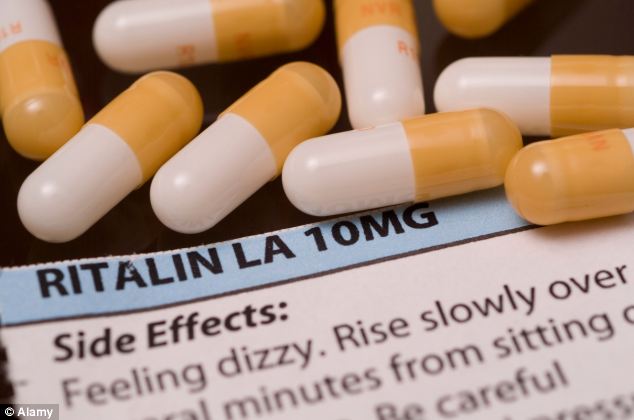Daily Mail
November 6, 2013

The diagnosis of ADHD may have become too broad, leading to needless and potentially harmful treatment for some children, researchers warn.
A wider classification of symptoms for ADHD in the psychiatric ‘bible’ used by the profession has led to a steep rise in diagnosis and prescriptions for medication, the study warned.
The group of researchers from Australia and the Netherlands said there was now a risk of over diagnosis which could fuel scepticism about the disorder.
In addition, stretched resources may mean some seriously affected children do not get medical help, or they are undertreated.
In recent years, the term ADHD has been given to a collection of behavioural problems linked to poor attention span including impulsiveness, restlessness and hyperactivity.
Around three to seven per cent of children are believed to have ADHD, about 400,000, with many being prescribed drugs to try and improve their concentration at school.
Prescriptions for stimulant drugs such as Ritalin increased twofold for children and adolescents in the UK, and fourfold in adults between 2003 and 2008.
There have been similar rises elsewhere despite little data showing the long term benefits of treatment, says Rae Thomas, a senior researcher at Bond University in Australia, and colleagues.
In a report published on bmj.com (must credit), they say Australian data shows a 73 per cent increase for ADHD medication between 2000 and 2011.
Prescribing in the US increased steadily between 1996 and 2008 – mostly for adolescents aged 13-18 years – with estimated drug costs up to $500m.
Such medications can cause adverse reactions such as weight loss, liver toxicity, and suicidal thoughts, and in the short term may suppress pubertal growth.
Dr Thomas said ‘Compared with children with asthma, children with ADHD have been described as lazier, less clever, and less caring, and they are also more likely to be stigmatised.’
Having a diagnostic label often means teachers and parents have low academic expectations of them potentially creating a self fulfilling prophecy, she added.
To be diagnosed with ADHD, a patient should meet diagnostic criteria outlined in the American Psychiatric Association’s Diagnostic and Statistical Manual of Mental Disorders (DSM-5) – used around the world to classify mental disorders – or International Classification of Diseases (ICD-10).
